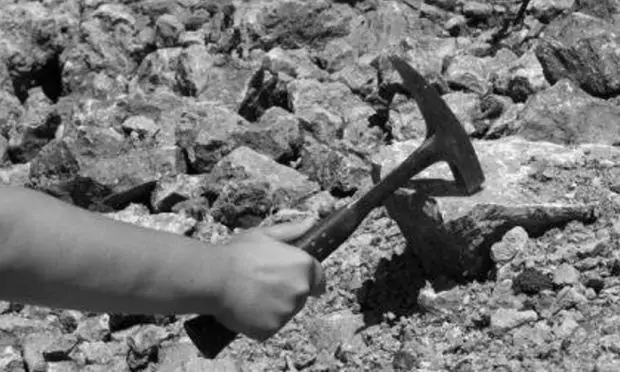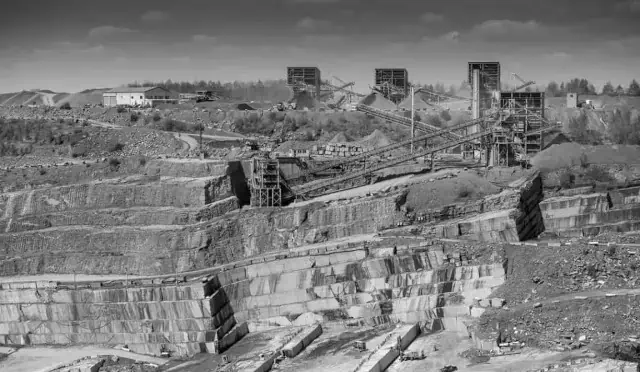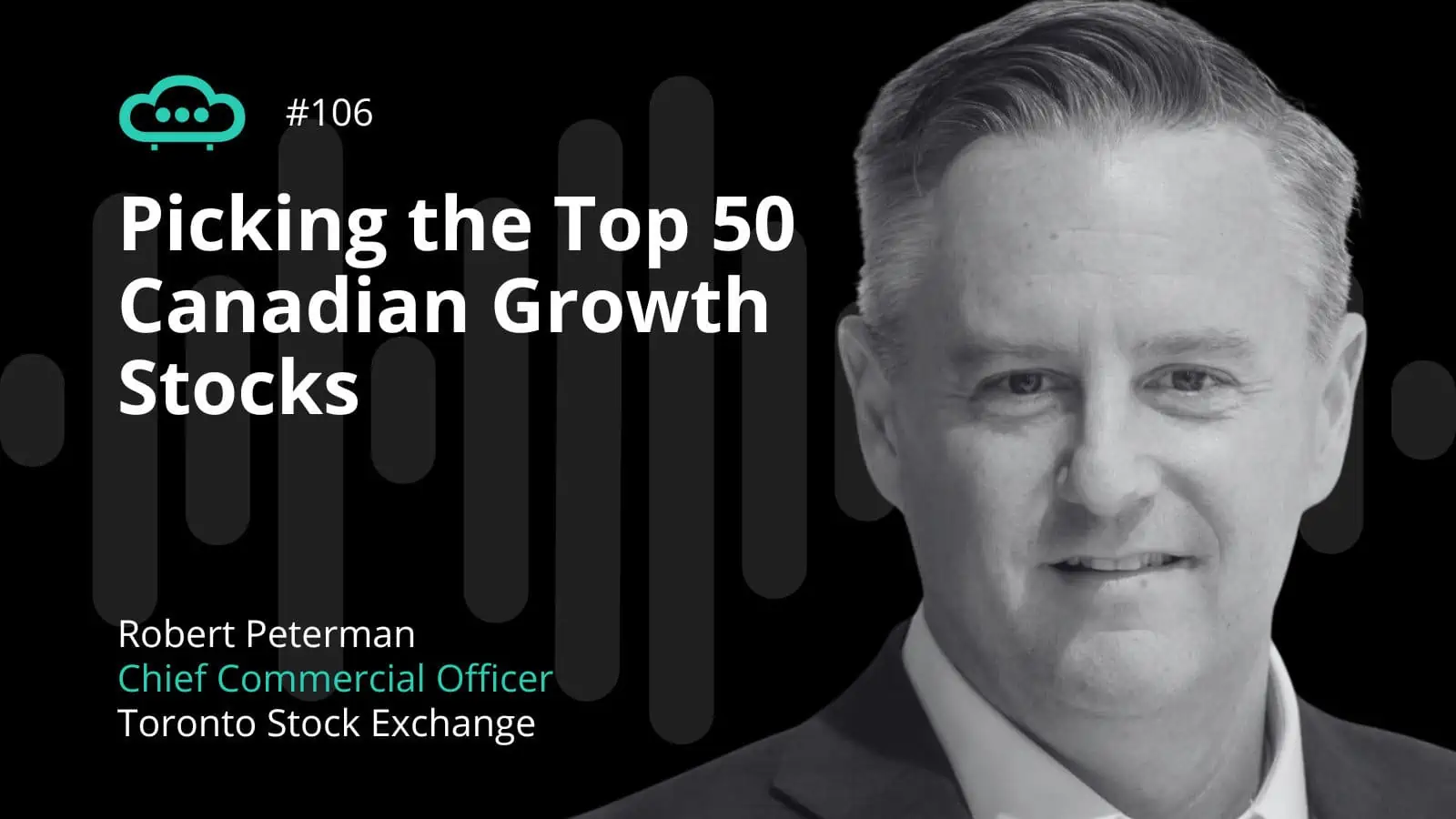Vesuvius [LON:VSVS], the molten metal flow engineering services company, can trace its origins back a collection of metal and glass companies consolidated by Issac Cookson in Tyneside in 1704, known as the Cookson Group.
Down the years the group expanded into lead and industrial metals, offering steel flow control, foundry technology, advanced refractories, and precious metals processing, but increasingly focusing on the growing steel industry. In 1987 it acquired the Vesuvius Crucible Company, which had been operating out of ‘Steel City’, Pittsburgh, Pennsylvania, manufacturing crucibles, the containers in which iron is melted and mixed to form steel, since 1916 and eleven years ago changed its name to Vesuvius Plc when it listed on the London Stock Exchange in December 2012. Vesuvius is a constituent of the FTSE250 index.
- Thoma Bravo makes compelling offer for cybersecurity champion Darktrace
- This FTSE 250 stock offers great exposure to defence sector as conflicts continue
- Royal Mail should not be broken up, argues leading investor in stock
Vesuvius’ shares have performed well recently opening the week (2nd October) at 314.4p. Over the year-to-date they’re up 5.02%, against a -7% fall for the FTSE250 index, and over one-year have returned 36.7% compared to 2.96% for the FTSE250. The company’s shares have ranged between 311p and 452.4p over a 52-week and Vesuvius has a market cap of GBP1.1bn
The share price is close to the low point for the year; the company is quite sensitive to the wider macroeconomic picture. If the global economy is contracting, companies will not be in expansionary mode (unless of course you are a vulture fund) and will not need more office or factory space. People will put off moving house or buying a new car. The result is that less things will get built or manufactured, leading to a fall in the demand for steel – and subsequently fewer orders for crucibles and moulds, gates and stoppers for flow-control systems, and steelmakers will be less inclined to invest in new foundries, leading to a decline in the demand for refractory products.
Vesuvius turning weakness to strength
However, when the economy switches, that weakness becomes strength. A sudden surge in demand for steel will lead to a dearth in consumables, meaning that Vesuvius will be able to premium-price its products. Vesuvius has been using the slowdown to invest for the recovery, committing capital to its existing facilities and heavily investing in research and development.
If the recovery is strong – especially in Asia – this stock could blow up, well, like Vesuvius.
In its last results, for the half-year to end-June, published in July, Vesuvius’ management reported revenues of GBP995m, which was 2% behind revenues from the year previously. Profit before tax was GBP95m, down 19% from GBP117m in 1H22. The company was still printing cash, generating GBP107m, up 55% from the year previously. At the same time net debt fell to GBP268m, down 18% y-o-y and Vesuvius declared a dividend of 6.8p/share.
Business performing ahead of expectations
Vesuvius’ management were quite upbeat about the way the year had progressed. They said that the steel business had performed well, ahead of expectations, due to pricing resilience. Inflation did affect Vesuvius in the same way it affected all manufacturing companies, but it was able to increase its pricing which offset the revenue impact on volumes of the declining market.
Its Foundry division, after a hard 2022, had recovered somewhat with an 18% increase in trading profit and an increase on return on sales of 130 basis points. Patrick André, Vesuvius’ chief executive said: “2022 was a record year for Vesuvius despite difficult market conditions in the second half. This performance was made possible by the technological differentiation of our products and solutions, which enabled us to simultaneously compensate for all cost inflation with price increases and gain market share.”
André continued: “These record results are higher than those ever-achieved pre-pandemic, despite materially lower volumes, in both the Steel and Foundry divisions, as our end markets have not fully recovered since that period. This shows that our objective of a 12.5% return on sales is achievable in the medium-term on normalised volumes.”
As mentioned, Vesuvius has been investing in what has been a slower period including the development of new flagship greenfield plant in Vizag, India, to pave the way for the Steel Division long term expansion in Asia, as well as expanding the company’s VIS isostatic pressing technology and slide gate plants in Poland, and further foundry investment in non-ferrous flux in China.
Vesuvius growth potential
Looking ahead, André said despite short-term uncertainty, the directors are “highly confident” in the company’s growth potential. And with good reason: the firm is continuing its capital investments for growth and in research and development.
The company, according to analysts, is trading around a third behind its fair value. Vesuvius has a strong market position, with a leading position in metal flow engineering. It has, since foundation, shown a talent for innovation and continues to invest in new products and services. The management has worked hard to keep down its costs and has shown the ability to pass on cost increases to its customers without damaging its sales too much. The company is also a cash machine and has deep pockets. Moreover, demographics would suggest that the demand for steel is only going to increase in the coming decades as larger portions of the developing world urbanise and remain with high birth rates, so there is potential for growth.
However, Vesuvius does operate in a cyclical industry and is sensitive to the global economic mood music, the company also has exposure to commodity prices and the market is fiercely competitive, with a number of Vesuvius’ competitors enjoying strong state support.
But Vesuvius has been around for a while and seen many-a-economic-cycle. The company seems to be moving forward, “…despite difficult market conditions, especially in the steel sector, said André, and “we feel confident to modestly increase our full year expectations.”












